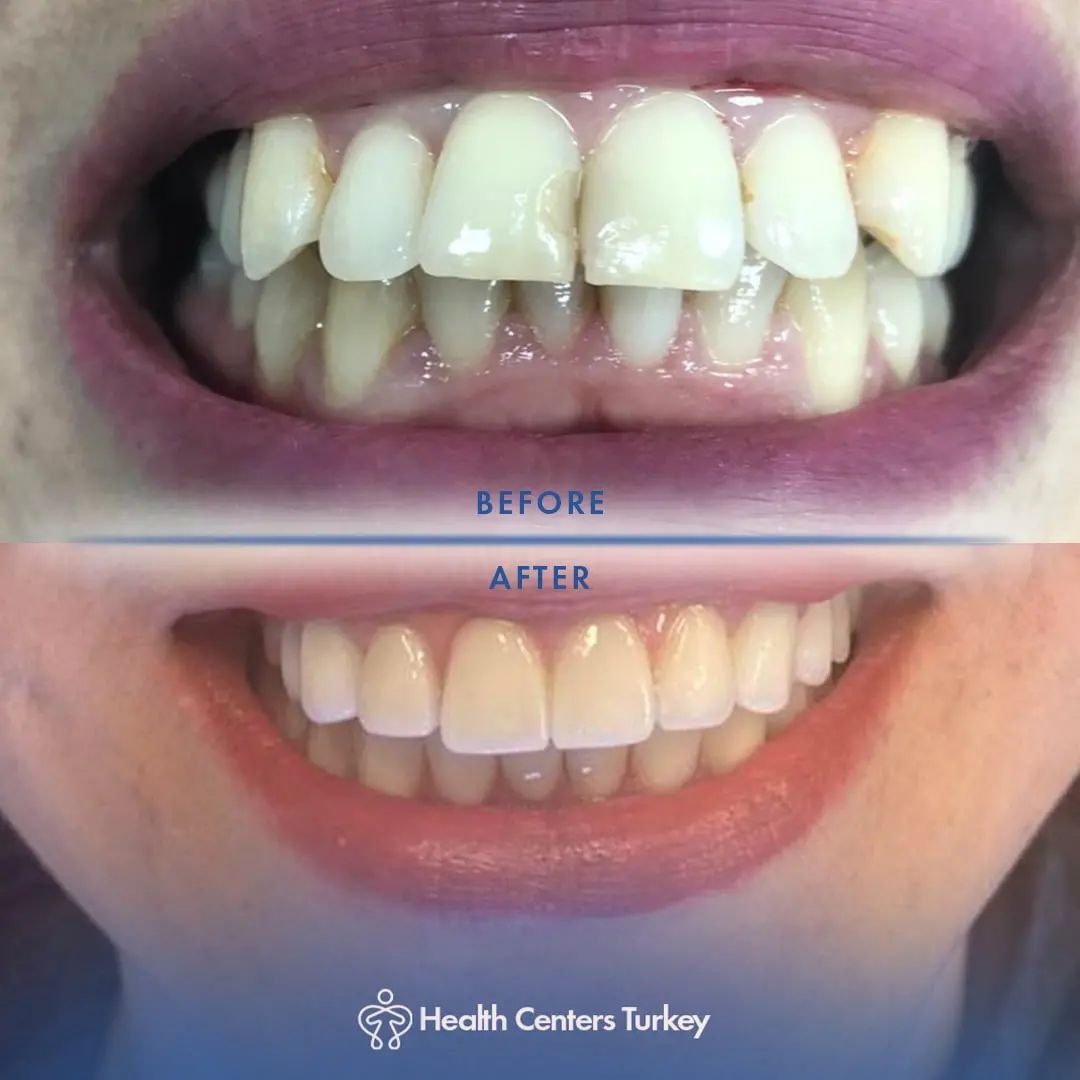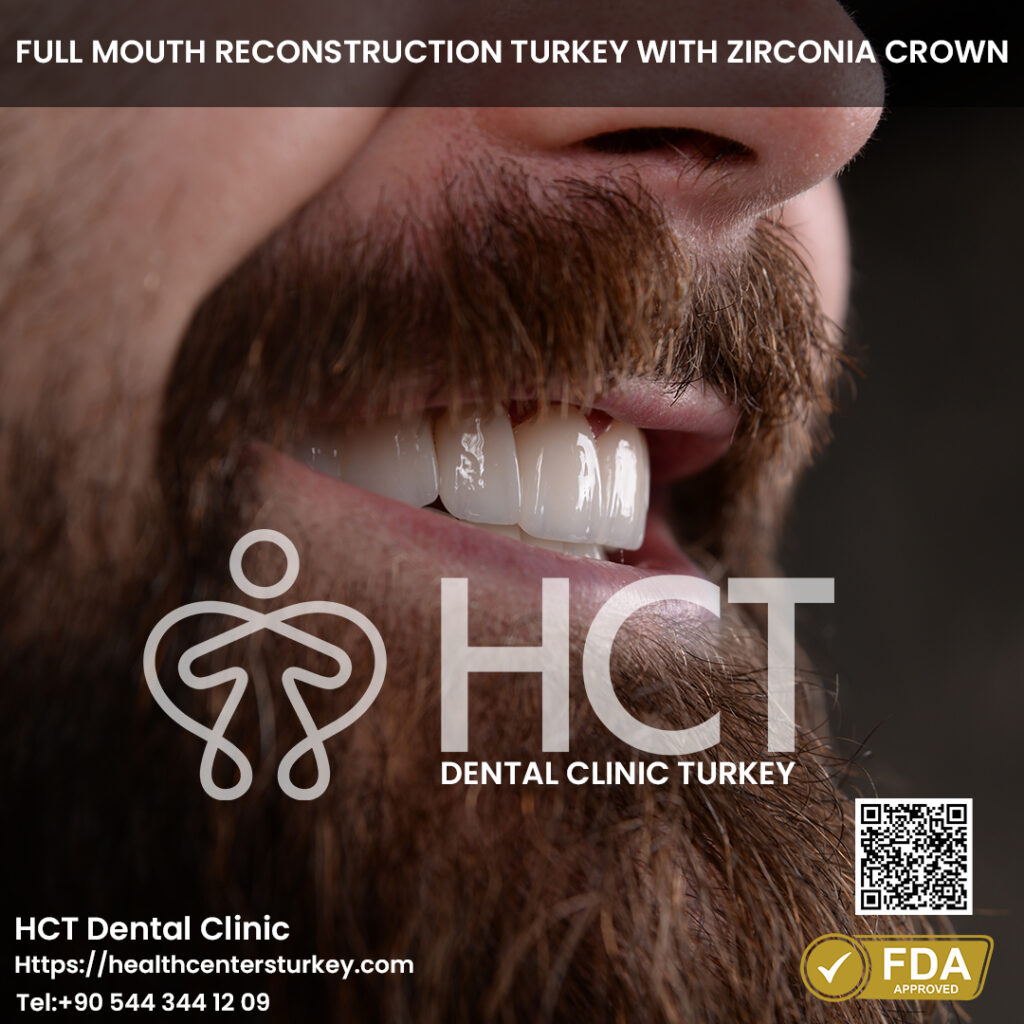Affordable Dental Services with Guaranteed Results
Dental implants have become a popular answer for those seeking to replace missing teeth. Understanding how these implants can affect adjacent teeth is crucial for anyone considering this procedure, in addition to for dentists and specialists involved in dental care.

One important facet is that dental implants are designed to be anchored into the jawbone, which implies they are unbiased of adjacent teeth. Unlike dental bridges, which frequently require the alteration of neighboring teeth, implants can fill the hole with out compromising the health or structure of these surrounding teeth.
This independence helps maintain the integrity of adjacent teeth. When a tooth is lost, there is usually a natural tendency for neighboring teeth to tilt or shift into the empty space. Such movement can lead to misalignment, which can affect chunk and general oral health. By inserting an implant, you effectively prevent this potential shift, selling better alignment in the long term.
Enjoy Exceptional Oral Health Treatments at Turkey at Competitive Prices
Additionally, dental implants assist maintain bone density within the jaw. A natural tooth root provides stimulation to the encircling bone, keeping it wholesome and strong. When a tooth is missing, the bone can start to deteriorate because of lack of stimulation. With a dental implant mimicking a natural root, bone loss may be minimized, which indirectly advantages adjacent teeth by preserving the overall structure of the dental arch.
While dental implants are advantageous, improper placement can impact neighboring teeth. If an implant is positioned too shut to a different tooth, it might exert undue strain on that tooth, leading to discomfort or potential injury. Proper planning and imaging techniques are important for avoiding such issues.
Skill in Oral Health at Affordable Rates
Moreover, maintaining good oral hygiene is essential after receiving an implant. If not correctly cleaned, surrounding teeth might turn into vulnerable to dental points such as decay or gum disease. This underscores the significance of diligent oral care following the procedure to ensure each implants and adjacent teeth remain healthy.
Regular dental check-ups are additionally vital for monitoring the health of surrounding teeth. Dentists can determine any shifts or potential problems early, permitting for timely interventions. This proactive strategy ensures that each the implant and adjacent teeth can coexist without problems.
Understanding Treatment Costs for Dental Care in Turkey
Another consideration is the impression of implants on chunk force. When a single tooth is missing, the load of chewing might shift to adjacent teeth, potentially leading to put on or strain. Implants restore proper chunk dynamics by redistributing forces within the mouth, which can shield surrounding teeth from undue stress.
Some patients may increase issues about the appearance of dental implants. Well-placed implants can blend seamlessly with present teeth, bettering total aesthetics. In contrast, failing to exchange a missing tooth can result in aesthetic points, together with collapsing of facial structure and changes in smile dynamics.
It's also value discussing the psychological features of dental health. Experiencing tooth loss can adversely affect one’s self-esteem and willingness to interact socially. By restoring your smile with implants, you'll find a way to positively affect not only your oral health but also your emotional well-being.
Long-term success of dental implants often hinges on numerous elements, together with the affected person's health, maintenance habits, and the standard of the preliminary process. If adjacent teeth are wholesome and correctly cared for, the chances are excessive that they may continue to thrive alongside the implants.
Advice on Selecting a Dental Clinic in Turkey
In conclusion, dental implants play an important position in not simply restoring particular person smiles, however in preserving the health and structure of adjacent teeth. By stopping shifting, sustaining bone density, and redistributing chunk more forces, implants can make sure that surrounding teeth remain in optimal condition. Proper placement, hygiene, and regular dental visits can further enhance the benefits of dental implants, leading to a healthier, extra assured smile for years to come back.
- Dental implants may help preserve the alignment of adjacent teeth by offering a steady anchor, stopping adjacent teeth from shifting into the hole left by a missing tooth.
- The presence of an implant might stimulate bone progress in the jaw, helping to preserve the overall structure and integrity of the adjacent teeth.
- Unlike conventional bridges, implants don't require alteration of surrounding teeth, thus preserving their energy and anatomy.
- Implants can improve the distribution of chunk forces evenly throughout the dental arch, decreasing the stress on neighboring teeth during chewing.
- A well-integrated dental implant can lower the chance of bone loss within the space surrounding adjacent teeth, contributing to their long-term health and stability.
- The aesthetics of adjacent teeth may be improved as a outcome of help offered by implants, which may lead to higher overall beauty outcomes.
- With correct placement, dental implants can prevent gum recession around adjacent teeth by maintaining sufficient dental structure.
- Implants might help mitigate the risks of periodontal disease in nearby teeth by selling wholesome gum tissue and providing a cleanable floor.
- Long-term success of dental implants can result in improved oral hygiene routines, which in turn benefits the health of surrounding teeth.
- The improved practical ability of an implant can encourage sufferers to chew more successfully, thus rising saliva production and aiding in the safety of adjacent dental tissues.undefinedHow do dental implants affect adjacent teeth?
What are dental implants and how do they work together with adjacent teeth?undefinedDental implants are synthetic tooth roots which might be surgically positioned into the jawbone. They present a secure foundation for replacement teeth while guaranteeing minimal disruption to adjacent teeth, preserving their integrity and alignment. High-End Teeth Plans targeting International Clients in Turkey.
Premier Dental Clinics Specializing in Orthodontics in Turkey
Can dental implants trigger problems for close by natural teeth?undefinedGenerally, dental implants do not harm adjacent natural teeth. However, if the implant just isn't positioned appropriately or if there’s inadequate oral hygiene, it could result in complications corresponding to adjacent tooth decay or gum disease.

Will getting a dental implant change the way my adjacent teeth feel?undefinedMost sufferers report no change within the sensation of adjacent teeth after implant placement. However, it might take a while to adjust to the presence of the implant, just like how one might adapt to other dental restorations.
Can dental implants help preserve the health of adjacent teeth?undefinedYes, dental implants can help preserve the health of adjacent teeth by stopping bone loss that may happen after tooth loss. This preservation helps the alignment of nearby teeth, lowering the risk of shifting or misalignment.
Reveal Your Whitest Smile with Professional Dental Care in Turkey
Do I need to modify adjacent teeth when getting an implant?undefinedTypically, adjacent teeth don't want alteration when inserting an implant. This is amongst the benefits of dental implants over traditional bridges, which often require reshaping adjacent teeth for assist.
How does the therapeutic means of an implant affect nearby teeth?undefinedThe healing process entails osseointegration, the place the implant fuses with the jawbone. During this time, adjacent teeth stay unaffected and retain their function, though it’s important to comply with post-operative care recommendations. A Look at the Popularity of Dentistry in Turkey.
Ensure Optimal Teeth Health with Affordable Treatments in Turkey
Can dental implants result in bone loss round adjacent teeth?undefinedIf dental implants are placed properly and cared for adequately, they want to not result in bone loss around adjacent teeth. In truth, view publisher site they might help stimulate bone growth, combating the natural bone loss that always follows tooth extraction.
What precautions should I take to protect adjacent teeth after getting an implant?undefinedRoutine dental hygiene, together with brushing and flossing, together with regular dental check-ups, is crucial. Avoiding exhausting foods and following your dentist’s aftercare directions may also protect each the implant and adjacent teeth.
Is it widespread for adjacent teeth to shift after an implant is placed?undefinedIt's not typical for adjacent teeth to shift after an implant placement, especially when the implant is positioned correctly and maintained correctly. If there’s any movement, it could be as a end result of different underlying issues that must be evaluated by a dental professional.
 Neve Campbell Then & Now!
Neve Campbell Then & Now! Alicia Silverstone Then & Now!
Alicia Silverstone Then & Now! Robert Downey Jr. Then & Now!
Robert Downey Jr. Then & Now! Shane West Then & Now!
Shane West Then & Now! Talia Balsam Then & Now!
Talia Balsam Then & Now!